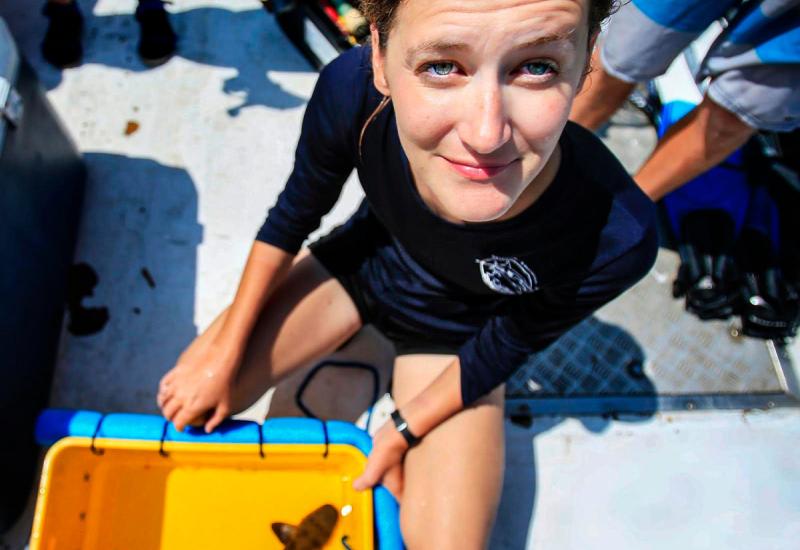Ban of United States Shark-Fin Trade Proposed in Bipartisan Bill

iStockphotoIt's estimated that 70 million shark fins are traded globally per year.
Shark finning — the controversial practice of taking the fish out of water, cutting off their fins and plopping them back in the ocean — is illegal in the United States, but that doesn’t mean the country has no skin in the game.
It is legal for U.S. fisherman to catch sharks and remove their fins on land. At that point, they can be sold worldwide — shark-fin soup is a prized delicacy in Asian cuisine. An average of 36 tons of shark fins were also imported into the U.S. annually from 2000-2011, according to Sen. Richard Blumenthal.
That could come to an end.
A bill to completely ban the trade of shark fins in the U.S. was introduced to the senate in June by Sens. Cory Booker, D-N.J., and Shelley Moore Capito, R-W.V., and Reps. Gregorio Kilili Camacho Sablan, I-MP, and Ed Royce, R-CA.
“Every year, it is estimated fins from as many as 70 million sharks end up in the global shark fin trade,” said Sen. Booker in a release. “Shark finning is pushing some species of sharks to the brink of extinction. With this bipartisan measure, America can become a global leader by shutting down the domestic market for shark fins. Sharks play a pivotal role in marine ecosystems, and we must do more to protect them.”
The Shark Fin Elimination Act of 2016 will lessen the devastation of threatened species, dilute the global shark-fin market and set an example worldwide, supporters say.
“Shark finning is cruel and wasteful and it’s putting some shark species at risk of extinction. The United States rightly decided to ban the trade of ivory and rhino horns—yet we still import shark fins, which can be the result of an equally brutal practice,” said Lora Snyder, campaign director at Oceana, in a release. “To protect sharks, we need to end the demand for shark fins.”
Those who oppose the bill argue that the global shark-fin market will continue unabated without the United States’ involvement, and countries with less sustainable practices and regulation will fill the void left by the U.S.
The bill, which was introduced on June 23, is still pending in the Senate Commerce Committee.










